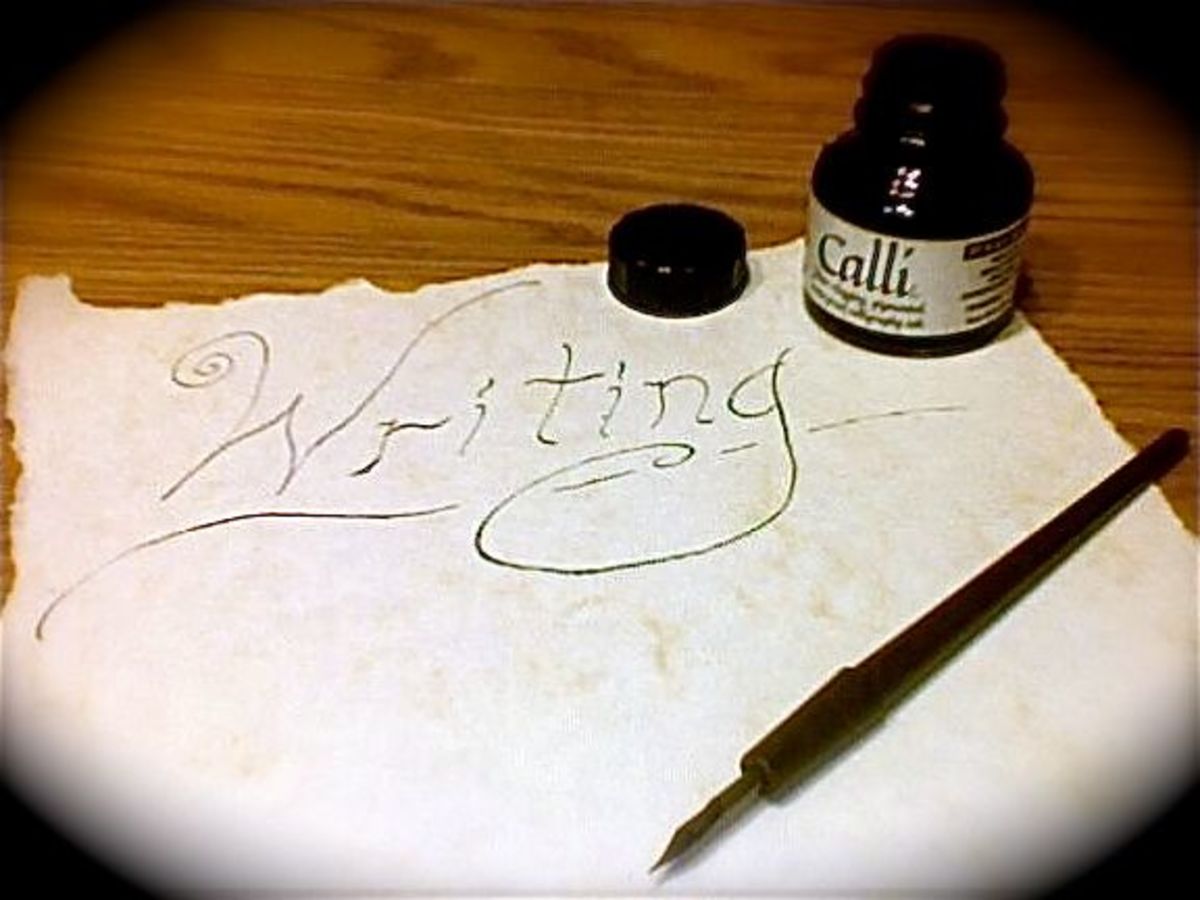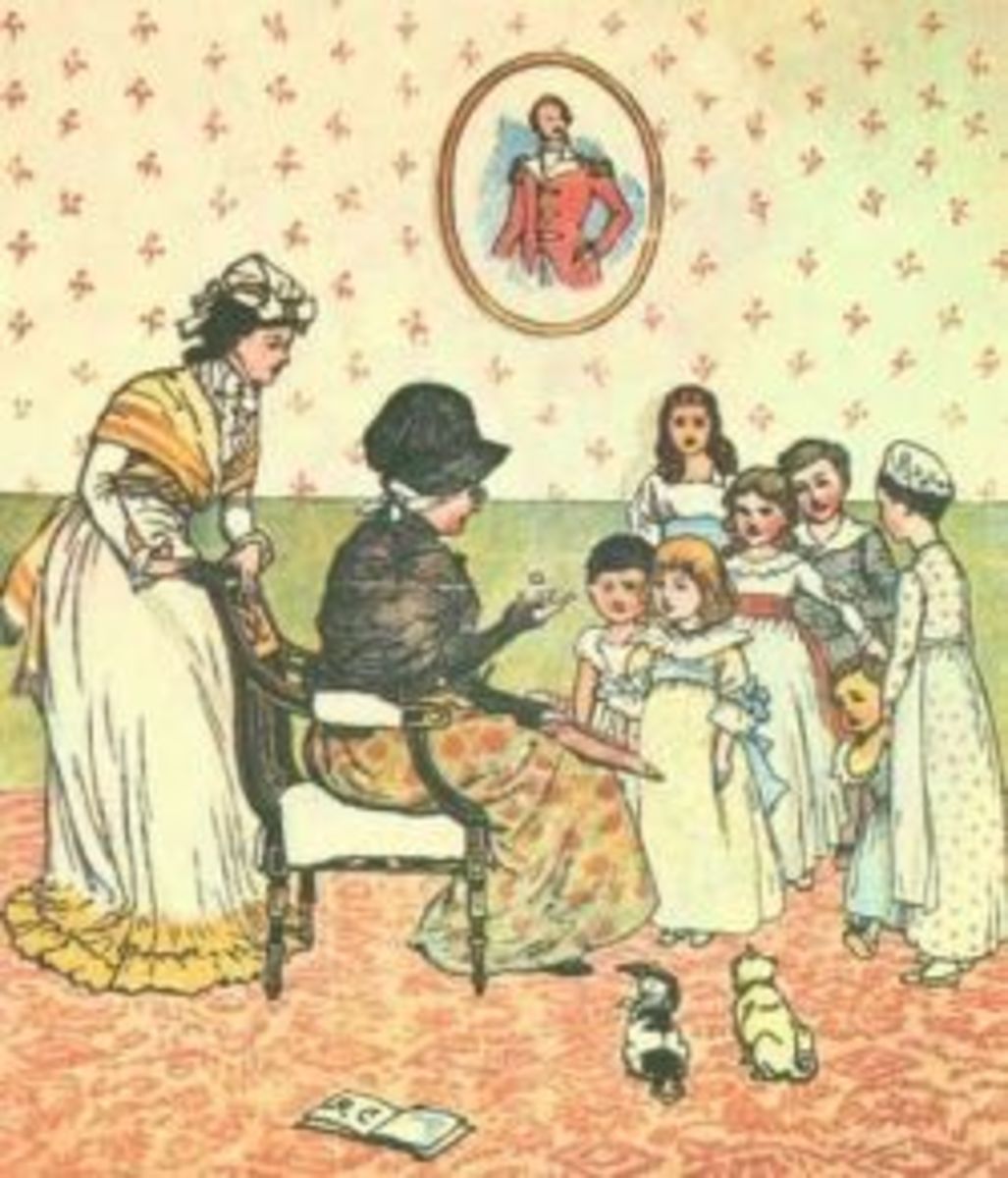How to Develop Constructive Criticism in Writers Groups
Everyone's a Critic
Criticism is a part of every writer's life. Even well-established, commercially successful authors have to deal with rejection letters and criticism of their work.
For new or emerging authors, the prospect of dealing with an avalanche of other peoples' opinions of their work can be daunting, especially when months if not years of dedicated effort have gone into creating a finished manuscript.
To have a someone dismiss all that hard work with a few fleeting and possibly snarky comments can be absolutely crushing. Some people, wounded to the core, might slink away, never to return to the group or to writing itself. This is destructive criticism at its worst.
It does not have to be this way. It should not be this way.
Constructive criticism, when properly given and taken, is an extremely useful and vital aspect of any writer's working life.
There's a right way to frame criticism so that it is firmly constructive and always polite. Read on to learn how.

The Craft of Constructive Criticism
Constructive criticism intends to help a person improve their writing by pointing out elements of weakness so that re-writing can then produce a stronger and potentially more saleable work.
Within a writers' group, the attitude towards giving criticism can result either in an inspiring, friendly and forward-moving group or a cliquey, self-defeating group which is destined to lose members.
The All Mighty Opinion!
Personal taste is not an indicator of a manuscript's artistic or commercial value.
Take a moment to think about the millions of books waiting to be bought at this very moment. How many of them would you be willing to pay £20 to read? Or £10? Or £5? How many of them would you be interested in reading even if they were free? How many books in your local library have you not read, as they don't interest you?
Each of those traditionally published books has been considered a viable business proposition by their publisher.
Taste No Measure
A person's taste in music can be used as a parallel. One person might enjoy to Vivaldi, Mozart or Le'rue Delashay, while another person might prefer Chuck Berry, Muddy Waters or Little Richard. A third might listen to Yes, Rush or The Tea Party; a forth to Suede or HIM. Such variations are endless - and nobody is right or wrong in their taste. Each to their own.
The principle of personal taste not being a measure of talent applies equally to the constructive criticism of writing.
If a piece of writing has no personal appeal, it is still possible to find points to admire such as strong characterisations, plot flow, good dialogue or pleasing turns of phrase.
It is never acceptable to say, "I don't like it therefore it's rubbish."
Even if someone to was read aloud the most flawed MS you'd ever heard in your entire life, you could diplomatically suggest ways to improve it. Or maybe just thank them for sharing it.
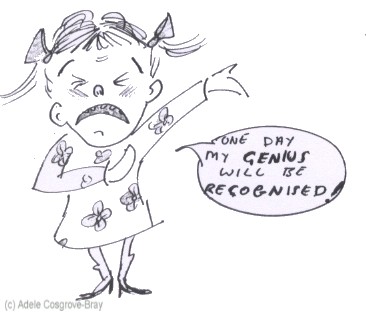
What Makes a Good Story?
Constructive criticism should never be personal. It should always remain polite. Be sure that the writer has invited criticism before offering your opinions.
Grammar, punctuation and spelling errors can be difficult to spot if you're critiquing a work which has only been read aloud by someone else. However, if the reader stumbles over a clumsy-sounding sentence then there is probably something which needs fixing. Maybe the sentence is too long, or the phrasing is awkward, or the punctuation is in the wrong place.
Reading MS aloud, either to yourself or to a group, is an excellent way of detecting errors such as repetition of information, words or phrases, the use of clichés or information which might be inaccurate or contradictory. More-recent versions of Word have a review facility where the text can be read aloud for you, which is useful too, though a little too robotic as yet.
Listen Up!
In order to be able to offer good constructive criticism, there are a few things to keep in mind. First, if the story is being read aloud to a group, please pay attention to the reader. When it's your turn to read your story, you'd hope for the same consideration.
Does the manuscript have a slow start? A reader's attention needs to be hooked from the outset.
Did the middle section of the tale lose interest or pace?
Do all the characters add to the plot? If not, why are they in the story?
Good dialogue between characters should drive the plot along, not ramble on about all sorts of everything to not particular purpose. A real conversation often does this, but that's not how strong written dialogue works.
Too much information can be dull. For example, if a walk is described we do not need to know the Latin name of every plant seen, the history of nearby buildings, the types of cars which drive by - unless this is directly relevant to the plot. The reverse of this is when a writer has overlooked description altogether, perhaps even omitting to set the story in a specific location.
Characters, Plot and Pace
Do details about characters change? Maybe a brown-eyed person is later described as green-eyed, or someone who hates coffee is later described as drinking it. The use of character charts (see link below) can help avoid such continuity errors.
Does the story leave incomplete plot threads? This could be deliberate, especially when a sequel is planned, but sometimes it could equally be an oversight.
Did a character do something which made no sense? Or did they do something which seemed too obvious, resulting in a dull conclusion?
Can the ending be easily predicted? Did the ending satisfy?
When listening to another person's story read aloud, it's usually considered okay to take notes if you wish to.
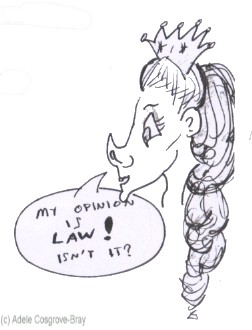
Discover the Artisan-Sorcerer Series!
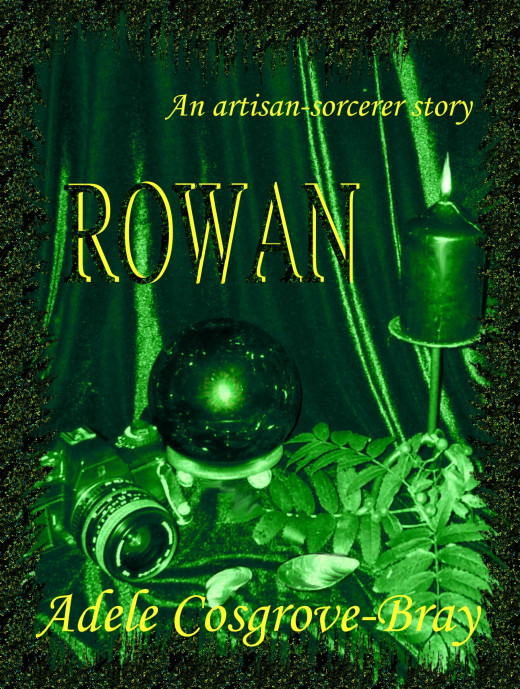
How to Receive Constructive Criticism about Your Writing
If you have invited constructive criticism, be aware that you are not obliged to agree with any comments given. However, if several people make similar comments then they have probably made a point worthy of your attention.
Don't argue against critical comments. Receive them with grace.
You are not obliged to agree with your critic, and you're are not obliged to alter your writing to suit their opinion either, but if you've asked for their opinion then listen to what they have to say. Perhaps they have valid points to offer. Keep an open mind and several pinches of salt to hand.
The story is what is written on paper. It's no use giving extra, verbal explanations to try to clarify your work. If you lift a book from a shelf, you don't have the author stand beside you to tell you all the extra bits which the story accidentally left out.
Audience Reactions
If someone is confused by an aspect of your story, check to see if the information appears in the writing. If it does, then maybe the listener's attention had wandered. Or maybe while you had an idea clear in your mind while you were writing, it didn't communicate through the script.
Did people seem to stop paying attention while you were reading your story? Perhaps your tale simply wasn't their cup of tea, but if ten people's attentions drift then this probably indicates weakness in plot or pace.
Don't take criticism as a personal affront to your undiscovered genius! If you are too precious about your writing you will never improve it. Writing is a craft, and like all crafts it has to be learned and developed over time with continued practice.
Good and Bad
A useless writers group says every piece of work is totally marvellous. This may flatter a few egos for a while, but people will feel that they're getting no feedback other than sugary-sweet 'niceness.'
A destructive writers group will spout opinions as absolutes. New members will quickly leave the snarky clique or could even be deterred from writing anything else. Such groups aren't interested in anyone's writing but their own. If confronted with such people, politely enquire into their publishing credits. Most have none.
A useful writers group, on the other hand, offers constructive criticism which helps its members improve their writing. Its members are not in competition with each other but help each other to feel inspired and encouraged to write more, to improve their craft, and look forward to remaining long-standing, active group members.
Further Reading...
- Character Charts - a Writer's Aid
Purposes of Character Charts: (a)helps create whole characters; (b)find data easily; (c)prevents errors. Why writers use character charts. Plus FREE chart! - Fiction Story Generator - A Low-Tech Writer's Aid
This story generator will provide a huge quantity and variety of story ideas simply and quickly...
© 2010 Adele Cosgrove-Bray


